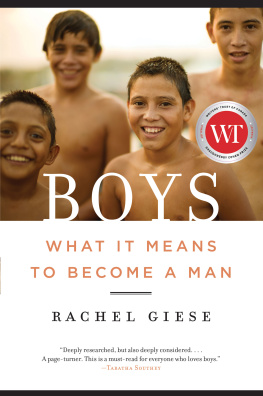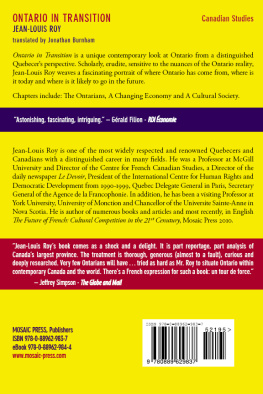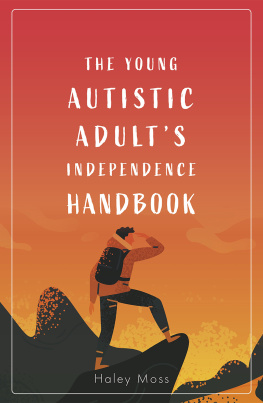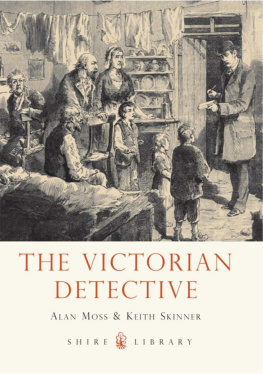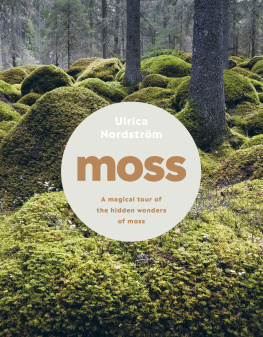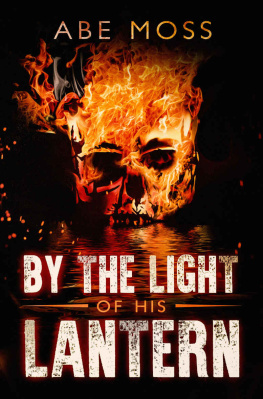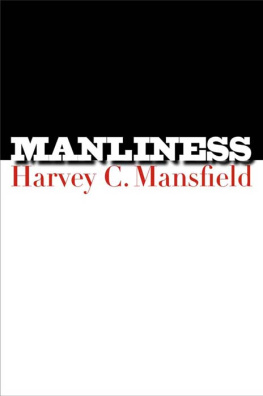MANLINESS AND MILITARISM
Educating Young Boys in Ontario for War
Euphoria swept Canada, and especially Ontario, with the outbreak of World War I. Young men rushed to volunteer for the Canadian Expeditionary Force, and close to 50 per cent of the half-million Canadian volunteers came from the province of Ontario. Why were people excited by the prospect of war? What popular attitudes about war had become ingrained in the society? And how had such values become so deeply rooted in a generation of young men that they would be eager to join this great adventure?
Historian Mark Moss seeks to answer these questions in Manliness and Militarism: Educating Young Boys in Ontario for War. By examining the cult of manliness as it developed in Victorian and Edwardian Ontario, Moss reveals a number of factors that made young men eager to prove their mettle on the battlefields of Europe. Popular juvenile literaturethe books of Henty, Haggard, and Kipling, for example, and numerous magazines for boys, such as the Boys Own Paper and Chumsglorified the military conquests of the British Empire, the bravery of military men, especially Englishmen, and the values of courage and unquestioning patriotism. Those same values were taught in the schools, on the playing fields, in cadet military drill, in the wilderness and Boy Scout movements, and even through the toys and games of young children.
The lessons were taught, and learned, well. As Moss concludes: Even after the horrors became known, the conflict ended, and the survivors came home, manliness and militarism remained central elements of English-speaking Ontarios culture. For those too young to have served, the idea of the Great War became steeped in adventure, and many dreamed of another chance to serve. For some, the dream would become a reality.
(The Canadian Social History Series)
Dr MARK MOSS teaches history and humanities in the faculty of general arts and sciences at Seneca College, Toronto.
Manliness and Militarism:
Educating Young Boys in Ontario for War
Mark Moss
Originally published by
Oxford University Press Canada 2001
University of Toronto Press 2014
Toronto Buffalo London
www.utppublishing.com
Printed in Canada
ISBN 978-0-1954-1594-0 (paper)
Printed on acid-free, 100% post-consumer recycled paper with vegetable-based inks
Library and Archives Canada Cataloguing in Publication
Moss, Mark Howard, 1962
Manliness and militarism: educating young boys in Ontario for war/
Mark Howard Moss.
(Canadian social history series)
Includes bibliographical references and index.
ISBN 978-0-1954-1594-0 (pbk.)
1. Military socialization Ontario History. 2. Militarism Ontario History. 3. Masculinity Ontario History. 4. Boys Ontairo History. 5. World War, 19141918 Public opinion. 6. Public opinion Ontario History. I. Title. II. Series: Canadian social history series.
HD3616.C32N47 2013 338.971009041 C2013-903486-2
University of Toronto Press acknowledges the financial assistance to its publishing program of the Canada Council for the Arts and the Ontario Arts Council.
University of Toronto Press acknowledges the financial support of the Government of Canada through the Canada Book Fund for its publishing activities.
For my children, Jesse and Becca.
Preface
This book examines the efforts made in the decades preceding 1914 to prepare the boys of Ontario for war through a double emphasis on manliness and militarism. It is not an investigation of the causes of war, nor is it a military history of World War I. It makes no attempt to cast light on the whole of Ontario society in the period between 1867 and 1914. Rather, its investigation is confined to the most obvious and accessible group: the middle classes.
Young boys and men living in Ontario in the period under examination were exposed to a variety of influences that had enormously powerful effects both in forming their attitudes towards war and in persuading them that enlisting was not only right and proper but the only thing to do. Collectively, they had very little choice. Although there are many ways of approaching this subject, I have chosen to explore the forces and structures that made the ideals of manliness and militarism so persuasive. Consequently, the theoretical foundations I have found most relevant have to do with socialization and social control. Among the most interesting revelations I came to in researching this work were the cultural similarities between Ontario, Britain, and the American eastern seaboard. The parallels were most striking in the areas of book culture, attitudes towards manliness and the military, and the rearing of boys. For this reason many British and American studies on the culture of war and manliness proved extremely useful in explaining events in Ontario.
Parts of this work first appeared in Popular Culture Review 6, 1 (Feb. 1995). My research and writing were initially guided by David Levine, my thesis supervisor at the Ontario Institute for Studies in Education/University of Toronto. His knowledge, experience, guidance, and time were all so forthcoming that it is safe to say that this work would never have materialized without his help. For all his contributions, I thank him. Jim Moran, my colleague and friend at Seneca College, also helped in many ways. He took the time to read many drafts and his thoughtful and sagacious advice is very much appreciated. Many people have aided me in many different ways: at Seneca, David Phillips, Henry Decock, and Tracey Pinkney; at Oxford, Len Husband, Richard Tallman, and Phyllis Wilson; and series editor Gregory S. Kealey. My wife, Ellen Feinman, provided me with the time to finish this work and to her I owe a special thanks.
1
Introduction
It seemed useless to carry on peace work in an atmosphere charged with talk of imperialism, patriotism, heroism and loyalty. The military craze has been carried on to such an extent that those who did not bow down as hero-worshippers were looked upon as disloyal.
The above comment was made during the Boer War, by a superintendent of the Dominion Womans Christian Temperance Union. It captures with perfect clarity the sentiments unleashed with the short South African War, which was fought from 1899 to 1901 and included only a small Canadian contingent. Yet the deluge of passion and enthusiasm for this war was remarkable in a number of ways. It seemed to express a feeling in Canada, and especially Ontario, that war, or at least the chance for the adventure of war, was a desirable thing. As well, it rallied Canadians around a particular set of ideals centred on the British experience. Anyone who was foolish enough to voice dissent to those ideals ran the risk of being labelled a traitor to the British Empire. And that was not something that most were willing to attempt. So vocal was the support for Britain and Canada during the South African War that even the most die-hard pacifists were leery of stepping too far out of line. The support and passion for war that affected the country between 1899 and 1901 would only increase in the years leading up to the Great War of 1914.
Dramatic reminders of that war and those who fought it are still present. Walking down University Avenue in Toronto, one cannot help being struck by the number of monuments to the war dead of Canada. From Queens Park at the north end to Queen Street at the south, Like McCall, many Ontarians grew up with the memory of a war monument as a seminal feature of civic life. It was, for McCall and others, a significant link to the past, to a time when boys did not ask why, but simply went and did their duty without questioning the powers that be. Why did they not question or, more accurately, why did they not question aloud? Had they done so, perhaps there would not be so many memorials.
Next page


